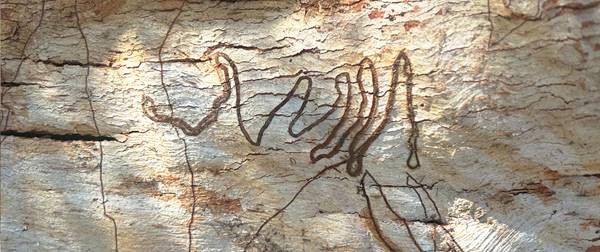Grants & awards: Opening soon
Nominations for the 2024 grants and awards will open on Monday 25 March, 2024 and will close on Sunday 5 May 2024. This year, the Australian Academy of the Humanities will accept nominations for:
Max Crawford Medal
Australia’s most prestigious award for achievement and promise in the Humanities, the Max Crawford Medal recognises an early-career scholar in the humanities whose publications contribute towards an understanding of their discipline.
John Mulvaney Fellowship
Awarded to an Aboriginal and Torres Strait Islander early-career researcher or PhD student working in any area of the humanities, the John Mulvaney Fellowship provides $4,000 to support research or fieldwork in Australia or overseas.
Medal for Excellence in Translation
Recognising outstanding achievement in translation and the vital role of translators and translation, this medal accepts book-length translation into English of a work of any genre (including scholarship), from any language and period.
Ernst & Rosemarie Keller Fund
Developed to support humanities scholars concerned with German Studies, this fund provides $5,000 to support research activities such as travelling fellowships, masterclasses, and workshops.
Publication Subsidy Scheme
The Publication Subsidy Scheme supports early-career researchers with costs of up to $3,000 associated with the publication of scholarly works that advance knowledge in the Humanities.
Humanities Travelling Fellowship
Awarded annually, the Humanities Travelling Fellowships support early-career researchers with costs of up to $4,000 to undertake research overseas.
Help us spread the word by forwarding this email throughout your network.
Please visit our website for specific criteria and application processes. For questions about our grants and awards, please contact grants@humanities.org.au.
If this email was forwarded to you, join our mailing list to be notified of future news and opportunities.






